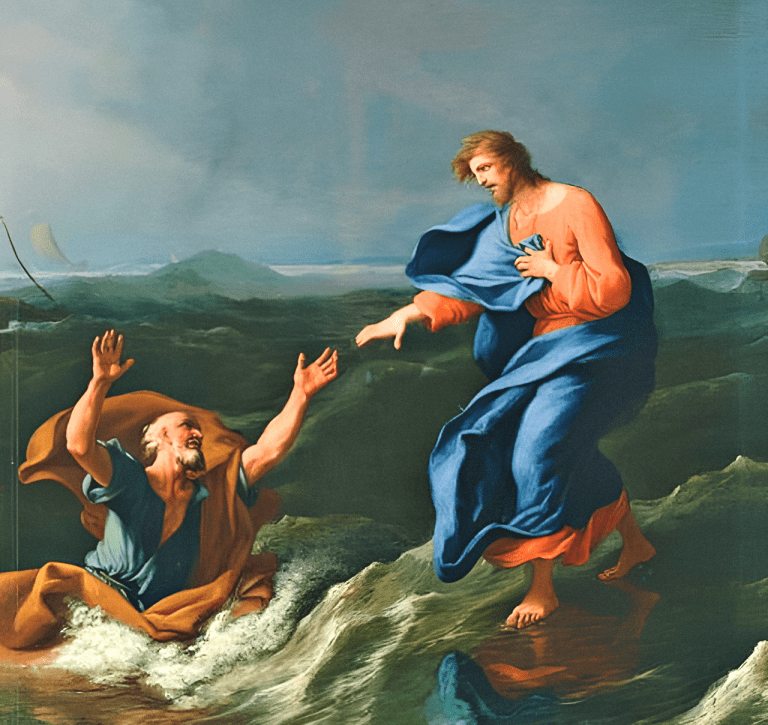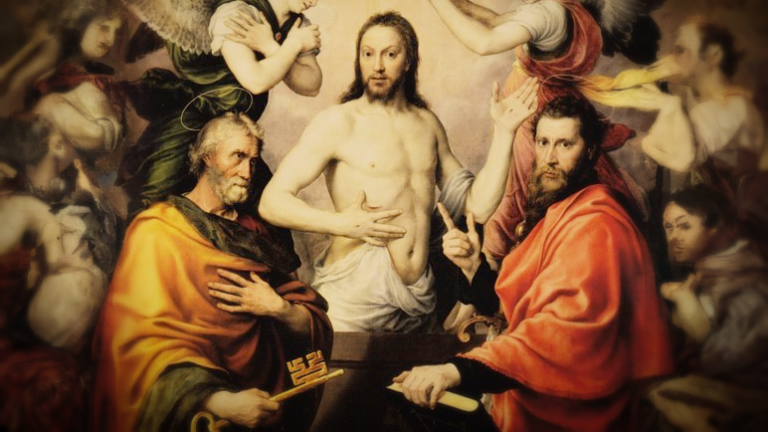St. Paul shows us how to save ourselves from packs of “savage wolves”.
~
Question 1: “Did St. Paul teach us how to deal with the ‘savage wolves’ he described in Acts 20:29, ‘I know that after my departure savage wolves will come among you, and they will not spare the flock.’”
Answer: “St. Paul knew the enemies of The Church were divided. ‘Pharisees’ believed their eternal souls would go to God’s Judgment. The ‘Sadducees’ did not believe they had eternal souls that would go to God’s Judgment.”
~
Question 2: “How did St. Paul distract them from attacking him and the early Catholics when he went to Jerusalem in Acts 21:15?”
Answer: “Acts 23: 6-11. ‘Paul was aware that some were Sadducees and some Pharisees, so he called out before the Sanhedrin, ‘My brothers, I am a Pharisee, the son of Pharisees; I am on trial for hope in the resurrection of the dead.’”
~
Question 3: “What happened after St. Paul said that?”
Answer: “‘When he said this, a dispute broke out between the Pharisees and Sadducees, and the group became divided. For the Sadducees say that there is no resurrection or angels or spirits, while the Pharisees acknowledge all three.’
‘A great uproar occurred, and some scribes belonging to the Pharisee Party stood up and strongly argued: ‘We find nothing wrong with this man. Suppose a spirit or an angel has spoken to him?’”
~
Question 4: “How does that apply to Christians in every age?”
Answer: “Christians are as divided as ‘Pharisees’ and ‘Sadducees’. The best Christians believe in This Catholic Teaching: ‘Life must be protected from conception until natural death.’
We remind our critics of That Catholic Teaching. Then, we let them know: ‘We are ‘on trial‘ because we meaningfully believe that God was right to say ‘Thou shall not kill.’”
~
Simple Truth keeps all but the worst people on earth from attacking us for “protecting” our Faith, Families, and Freedom by encouraging them to “spare” us from the “savage wolves” trying to devour us.
Catholics know that even the vicious “Wolf of Gubbio” could find peace when St. Francis of Assisi reached out to it.
~
. . . . . . . . . . . .
catholicfundamentalism.com is “simple reasons to be Catholic”.








